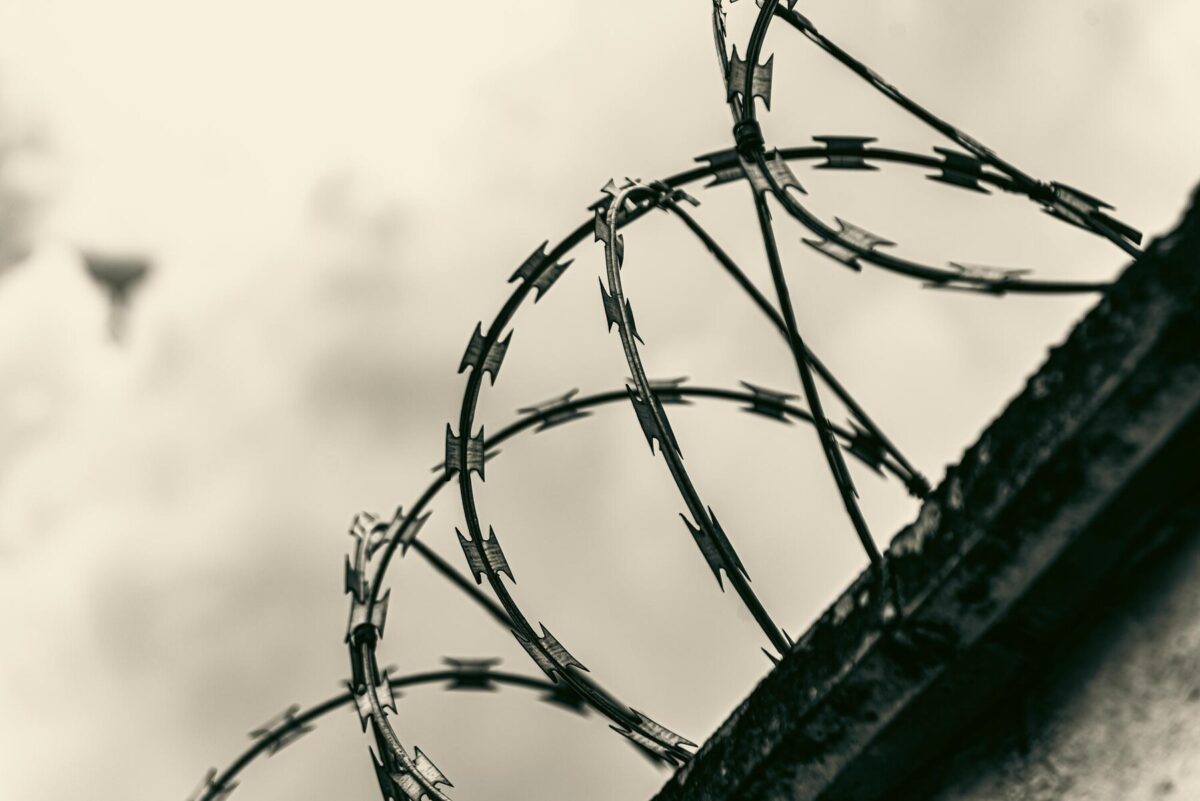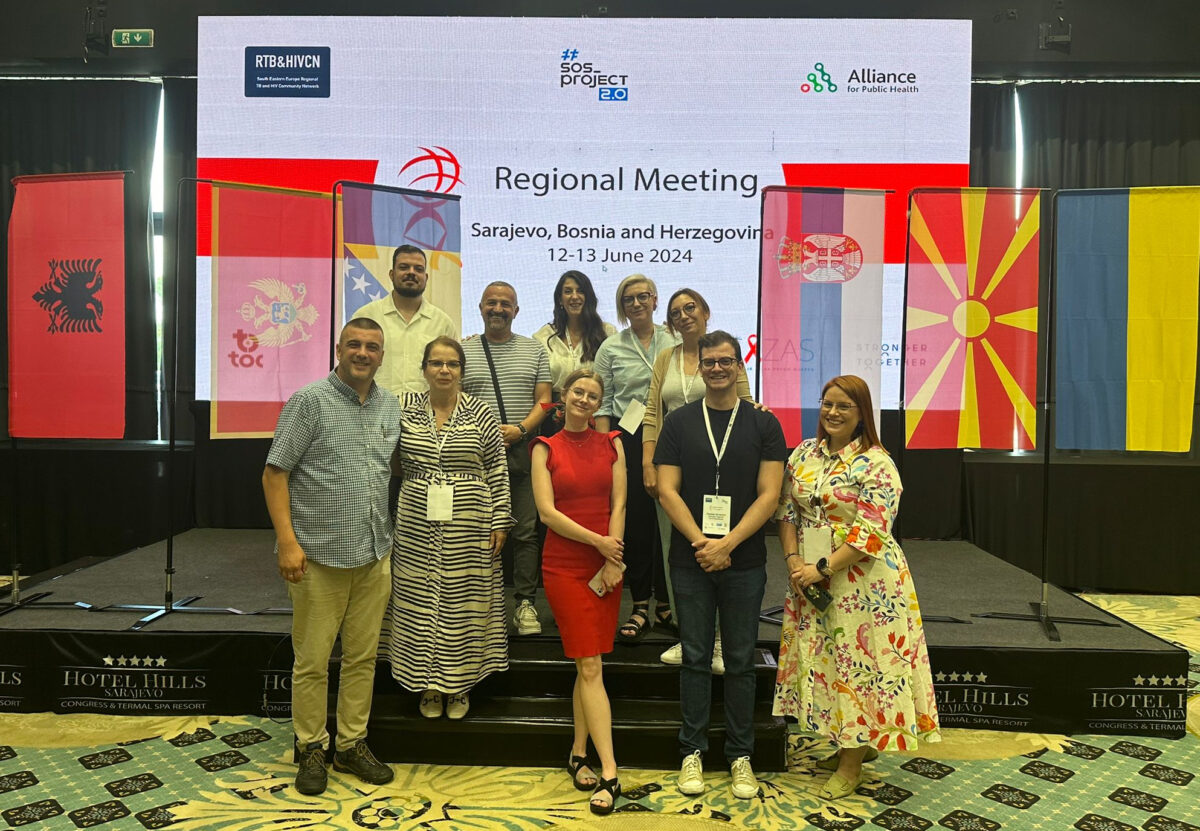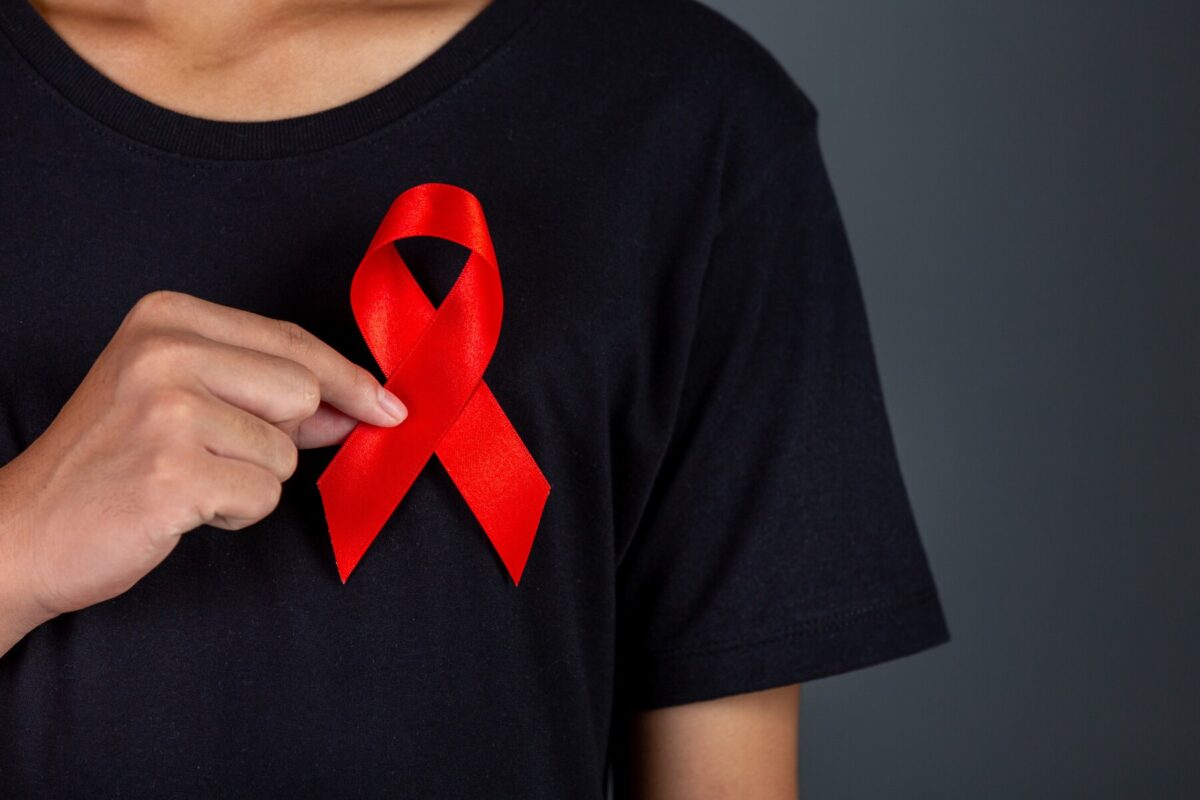Gularus (name changed), a 40-year-old woman from Tajikistan living with HIV, faced discrimination and abuse from her family. An unemployed, divorced mother of three, she was forced to live with her parents and the families of her younger brothers. However, instead of support, she endured daily humiliation and violence that became an integral part of her life.
Gularus’ family, upon learning of her HIV status, began to insult and humiliate her systematically. They called her “AIDS patient” and called her contagious. Due to the fear of the disease and lack of knowledge about HIV, her family forbade her to have contact with her children, who in turn were not even allowed to enter her room. In addition, strict rules were imposed in the house: Gularus could not sit at the common table with the rest of the family, had to use separate dishes, and was not allowed access to the common bathroom.
In addition to discrimination, the woman was a victim of physical violence. When she asked her younger brother to use an iron, he beat her. An additional source of pressure came from her brother’s wife, who insisted on evicting Gularus and her children.
Despite the constant humiliation and violence, the woman tolerated it for the sake of her children, who were in the same environment. However, she did not know how to protect her rights and improve her family situation, so she sought help from REActors.
The REActors provided Gularus with comprehensive support. Firstly, they provided her with psycho-emotional support, which enabled her to gain the inner strength to fight for her rights. They also explained her rights as a woman living with HIV and how she could protect herself from discrimination. Gularus was invited to the organization’s office, where she received consultations with a coordinator, a psychologist, and a lawyer. The specialists also suggested that she participate in a support group where she could communicate with other people living with HIV and receive useful advice and moral support.
Although Gularus had the option of filing a report with law enforcement, she chose not to do so for fear of escalating conflict within her family. Instead, she agreed to a mediation meeting with the family with the participation of the REActorand her family members. During this meeting, the family was provided with accurate information about HIV, its treatment, and the concept of “H=H” (Undetectable = Untransmissible). This principle states that a person with an undetectable viral load taking antiretroviral therapy cannot transmit the virus to others. It was emphasized that prejudice towards people living with HIV was based on ignorance, and the family had to realize that their actions not only violated the rights of Gularus but could have legal consequences.
Special attention was paid to the need for emotional and moral support from the family. The speakers also explained that illegal disclosure of HIV status and violation of the rights of people living with HIV are punishable by law. At the end of the meeting, Gularus was given the contact information of the Women and Family Committee hotline for further support and assistance.
Although Gularus’ situation remained difficult, the first step towards resolution had been taken: her family received accurate information about HIV and began to realize the importance of changing attitudes.
Also read:
Confronting harassment: a disturbing incident in Albania
REAct Communiqué: Condemning the murder of Kesaria Abramidze and the adoption of an anti-LGBTIQ+ legislative package in Georgia



















